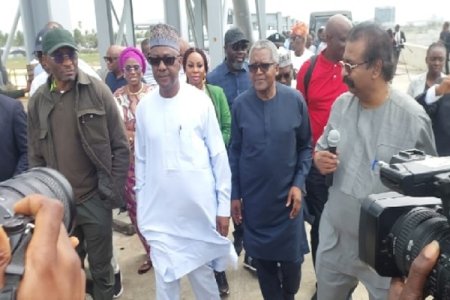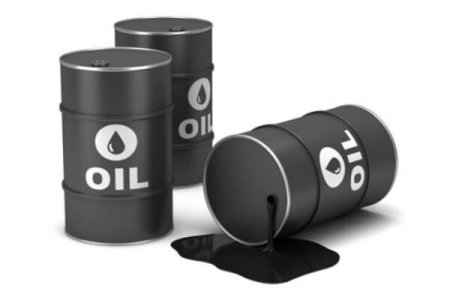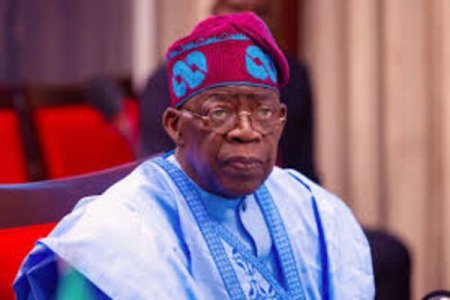
Aliko Dangote refutes claims of substandard products and monopoly at his refinery. Tests show superior diesel quality compared to competitors. Dangote calls for an investigation into imported fuel quality and denies receiving government incentives. House of Representatives considers further inquiry into conflicting industry claims.
Aliko Dangote, Africa's wealthiest individual, has vehemently refuted allegations of substandard products and monopolistic practices at his refinery. During a visit by House of Representatives leaders to the Lekki Free Trade Zone facility, Dangote presented compelling evidence to support his claims.
In a demonstration witnessed by lawmakers, including Speaker Tajudeen Abbas, diesel samples from Dangote's refinery and two other filling stations underwent rigorous testing. The results revealed that Dangote's product significantly outperformed competitors in both sulphur content and flash point tests, adhering to industry standards.
Dangote seized the opportunity to highlight potential issues with imported petroleum products, urging the House to investigate fuel quality across Nigerian filling stations. He proposed establishing a committee to conduct nationwide tests and scrutinize the laboratories responsible for certifying imported products.
Addressing monopoly accusations, Dangote emphasized his group's focus on value addition and local raw material utilization. He drew parallels with the cement industry, where increased competition followed his entry, dispelling notions of market manipulation.
Contrary to speculation, Dangote asserted that his refinery received no special incentives from the federal or state governments. He clarified that while Lagos State provided favorable terms, his company paid $100 million for the land.
The billionaire entrepreneur expressed frustration with the monopoly label, stating that his operations have never impeded others from entering the same markets. He called for fair treatment and recognition of his contributions to Nigeria's economic development.
Speaker Abbas acknowledged the conflicting claims between public and private sector representatives, suggesting the need for further investigation to uncover any potential ulterior motives.


![Today's Naira Rate[06-10-2024]: Black Market Dollar Rate Reaches N1,674 as Economic Challenges Persist](/data/attachments/208/208942-40f177f6e3caf61ab226cc86d490ccfd.jpg?hash=hFfFcRmkeL)


